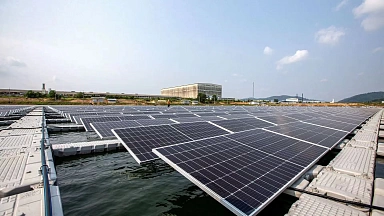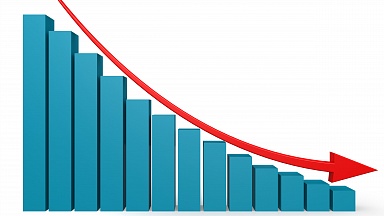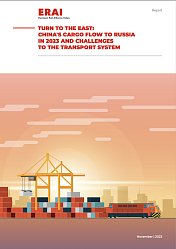The central bank and financial regulator said loan ratios for gasoline and electric passenger vehicles, including hybrids, can now be independently determined by lending institutions. Previously, the ratio was a blanket 85% for EVs and hybrids, and 80% for conventional cars.
The loan ratio for conventional commercial gasoline vehicles remained unchanged at 70%, while it is 75% for electric or hybrid commercial vehicles and 70% for purchasing second hand cars, according to a statement on Wednesday.
Get caught up on what’s important.
Sign up for the Evening Briefing, Bloomberg’s flagship global daily newsletter
The new rules follow a pledge last month from the head of the National Financial Regulatory Administration to promote consumption by making it easier to get car loans. China has been struggling to re-ignite weak consumer sentiment as a property market slump and gloomy jobs outlook hurt household spending, and has made the trading-in of consumer goods like cars a major policy to boost the economy in the year ahead.
Read More: China Calls for New Appliances, More Vacation to Revive Spending
Still, it’s unclear if the relaxed loan rules will be enough to spur a meaningful increase in demand for big-ticket items like cars. China’s EV market, the world’s biggest, is set to slow for a second year this year amid a weakening economic outlook.
China’s personal auto loan industry had boomed alongside the rapid increase in EV sales. It had an outstanding balance of more than 1 trillion yuan ($138 billion), according to a May 2022 report by S&P Global, from 100 billion yuan at the turn of the century.
Financial institutions can set the ratio, timespan and interest rate for auto loans based on sound risk control, personal credit history and debt repayment ability of the applicant, according to the statement from the People’s Bank of China and the Administration of Financial Supervision.
Lenders should also reduce the costs that may be incurred if customers terminate or breach loan terms to trade in an existing vehicle for a new one, it said.




